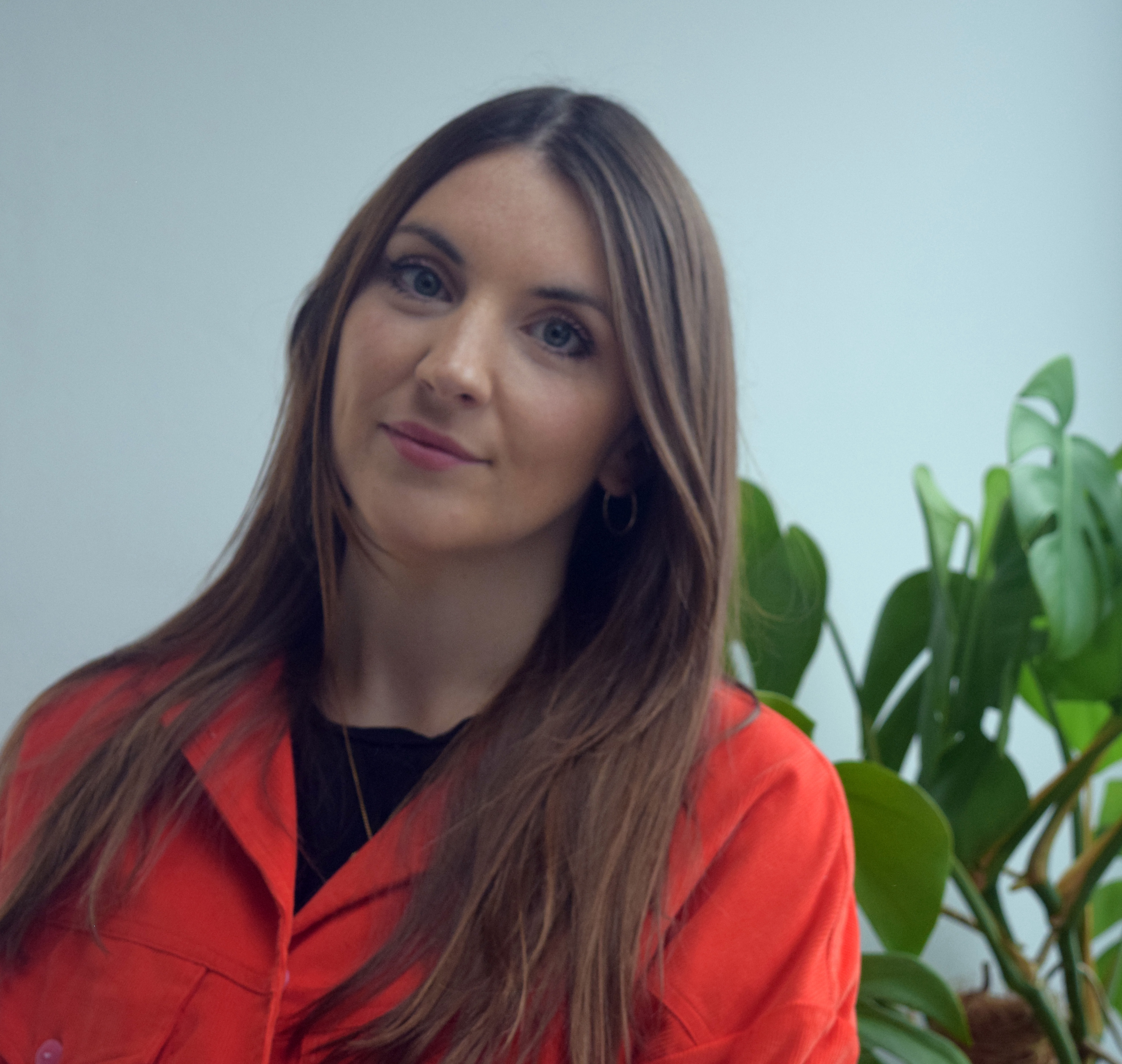Emma Gannon on Google therapy, life decisions and why it’s definitely okay to not want children
The number of women choosing to be child-free has been on the rise for some time, but the past year has seen a surge in Google searches for the terms, “is it ok to not want children?” and “how do you know if you want children?” To discuss what’s behind the boom of these big life questions, we sit down with author, speaker, podcast host and child-free by choice advocate Emma Gannon
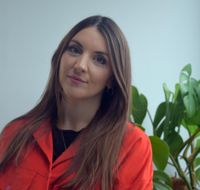
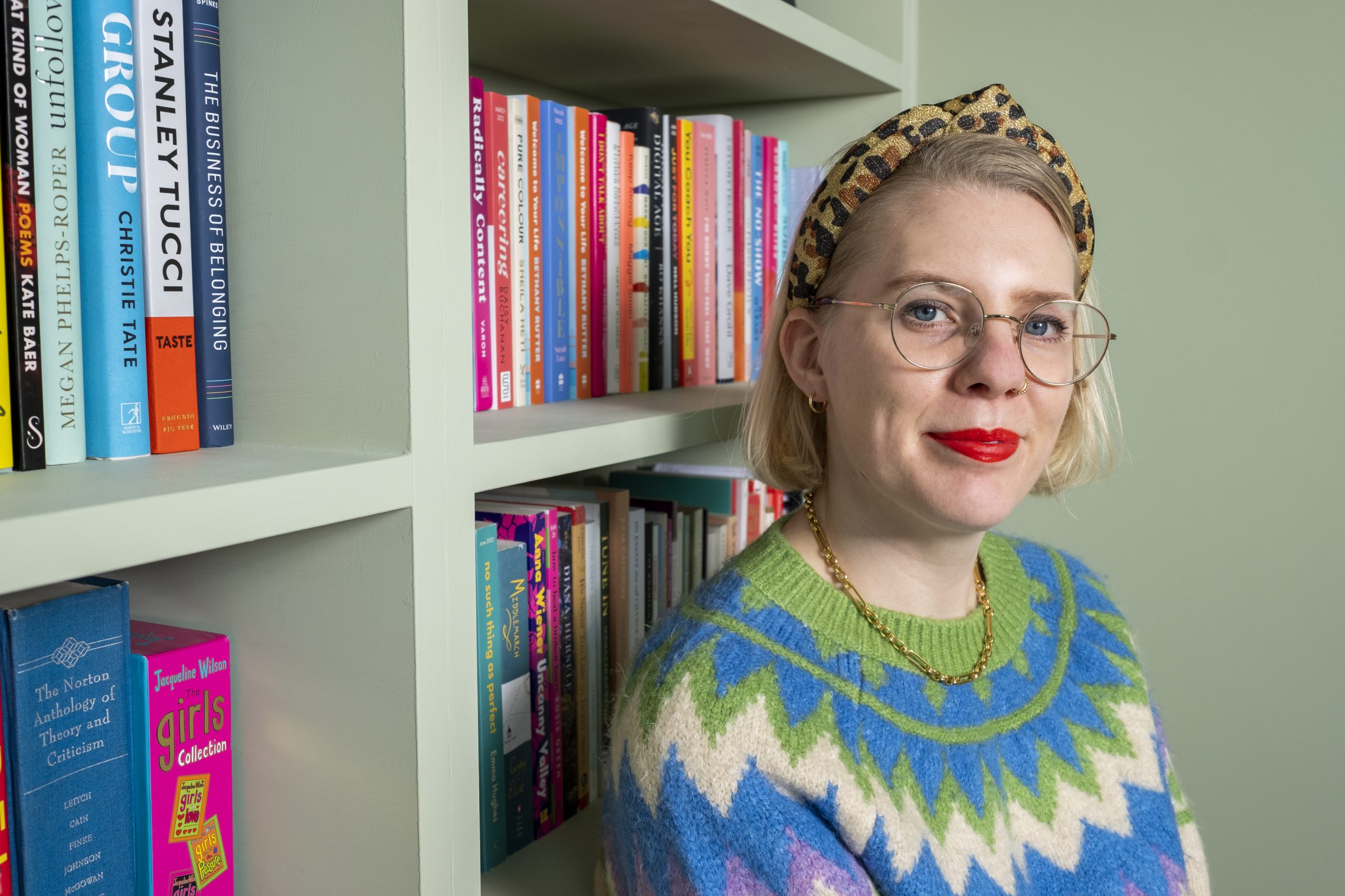
Celebrity news, beauty, fashion advice, and fascinating features, delivered straight to your inbox!
You are now subscribed
Your newsletter sign-up was successful
The number of women choosing to be child-free has been on the rise for some time, but the past year has seen a surge in Google searches for the terms, “is it ok to not want children?” and “how do you know if you want children?” To discuss what’s behind the boom of these big life questions, we sit down with author, speaker, podcast host and child-free by choice advocate Emma Gannon
Over the years, the internet — or more specifically, Google’s search bar — has become a kind of confidant, an all-knowing therapist that we turn to with our most personal queries. Sometimes, we even trust Google more than our actual best friends, with new research revealing that 31% of UK adults feel more comfortable consulting Google before speaking to another person.
The research is part of Google’s #ItsOktoAsk campaign, revealing the questions adults are asking Google about decisions they are contemplating in 2022. Created in partnership with YouGov, the study found that two thirds of UK adults (64%) see Google as a safe space where they can ask questions without judgement.
“I was that person!” says Emma Gannon, Sunday Times bestselling author, speaker, novelist and host of the no. 1 careers podcast in the UK, Ctrl Alt Delete.
As she approached 30, Emma explains, she noticed the conversations within her friendship groups changing. Suddenly, everyone was talking about kids and how much their lives were going to change. Sound familiar?
“I sat there and realised that it was not a given [that I was going to have kids]” says Emma. “I was Googling it, trying to make sense of whether I wanted to have kids or not. Now I can say that I don't, but it's a journey. You don't know immediately.”
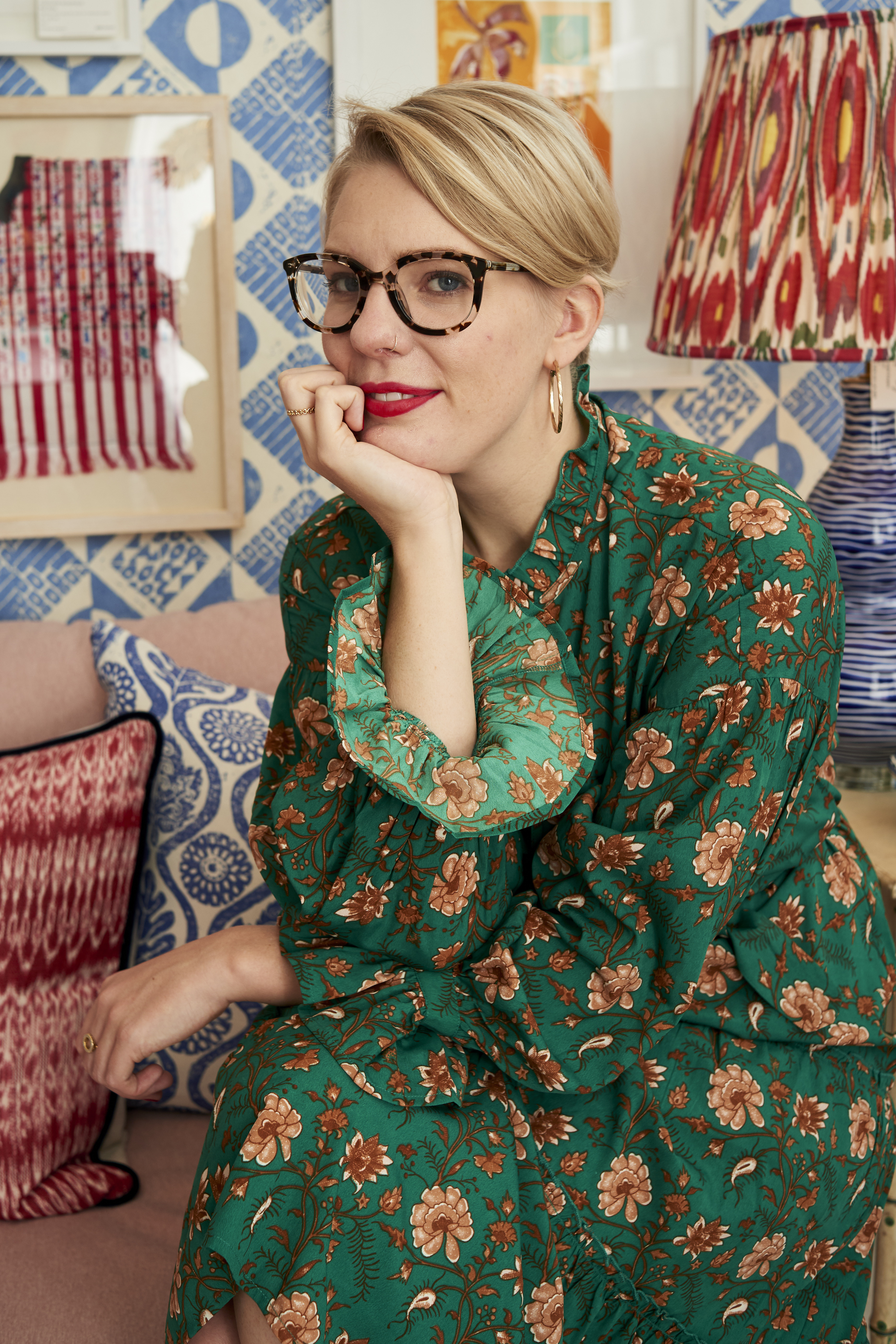
Designing the life you want
Emma was far from alone in her late night Googling, with surges in searches for the terms “is it ok to not want children?” and “how do you know if you want children?” happening over the past 12 months. What could this be about?
Celebrity news, beauty, fashion advice, and fascinating features, delivered straight to your inbox!
In the study with YouGov, 50% of UK adults say that Covid-19 pandemic and lockdowns led them to re-evaluate friendships, relationships, family and work. This was especially true for women, with 57% noting this effect.
“On the whole, we've just looked at our life decisions,” says Emma. “Now that we can work more flexibly or from different locations, we can design our lives in different ways.”
Emma points out that women are leaving their corporate jobs in droves. “People have had enough,” she says. “I think women are just living the lives they want to live and that might include not having kids.”
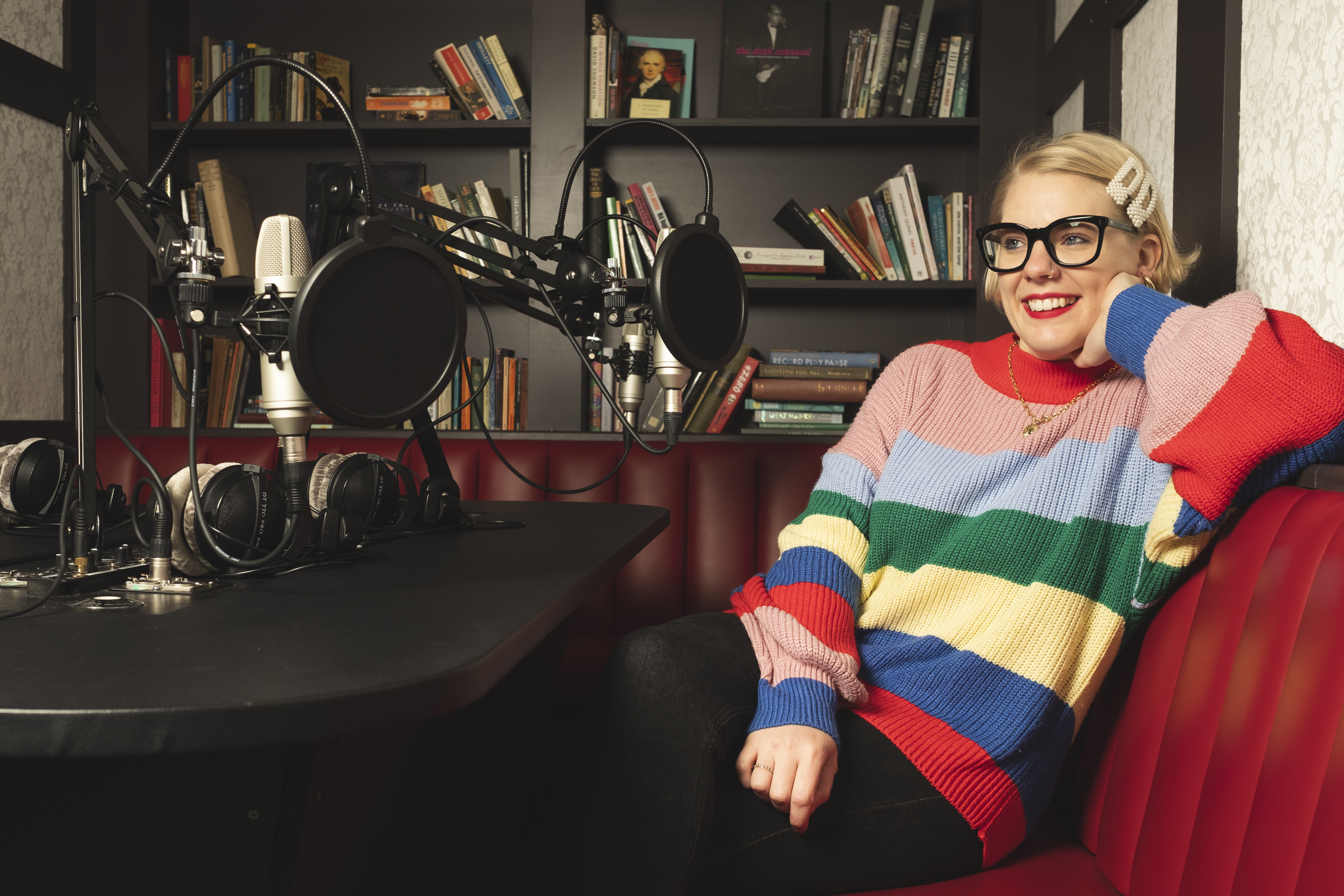
Choosing to be child-free
Even before the pandemic, more women were choosing to have babies later or not at all. The rate of childlessness in women aged 40–44 in the UK rose from 14 to 20% between 1995 and 2010, according to a study by the Organisation for Economic Co-operation and Development.
When researching her 2020 novel Olive, where the protagonist questions her own desire for motherhood, Emma interviewed hundreds of women on the topic.
Their reasons for being child-free were diverse, ranging from the philosophical to the personal. Some women told her they were concerned about the environmental impact of a child, while others felt it was wrong when there are already many kids without parents. “People were saying they were in a housing crisis, living in a one bedroom flat in their 30s or 40s, or they couldn't make [having children] work financially,” says Emma. “Others loved their career, travelling, or partner and didn’t need to add anything to feel complete.”
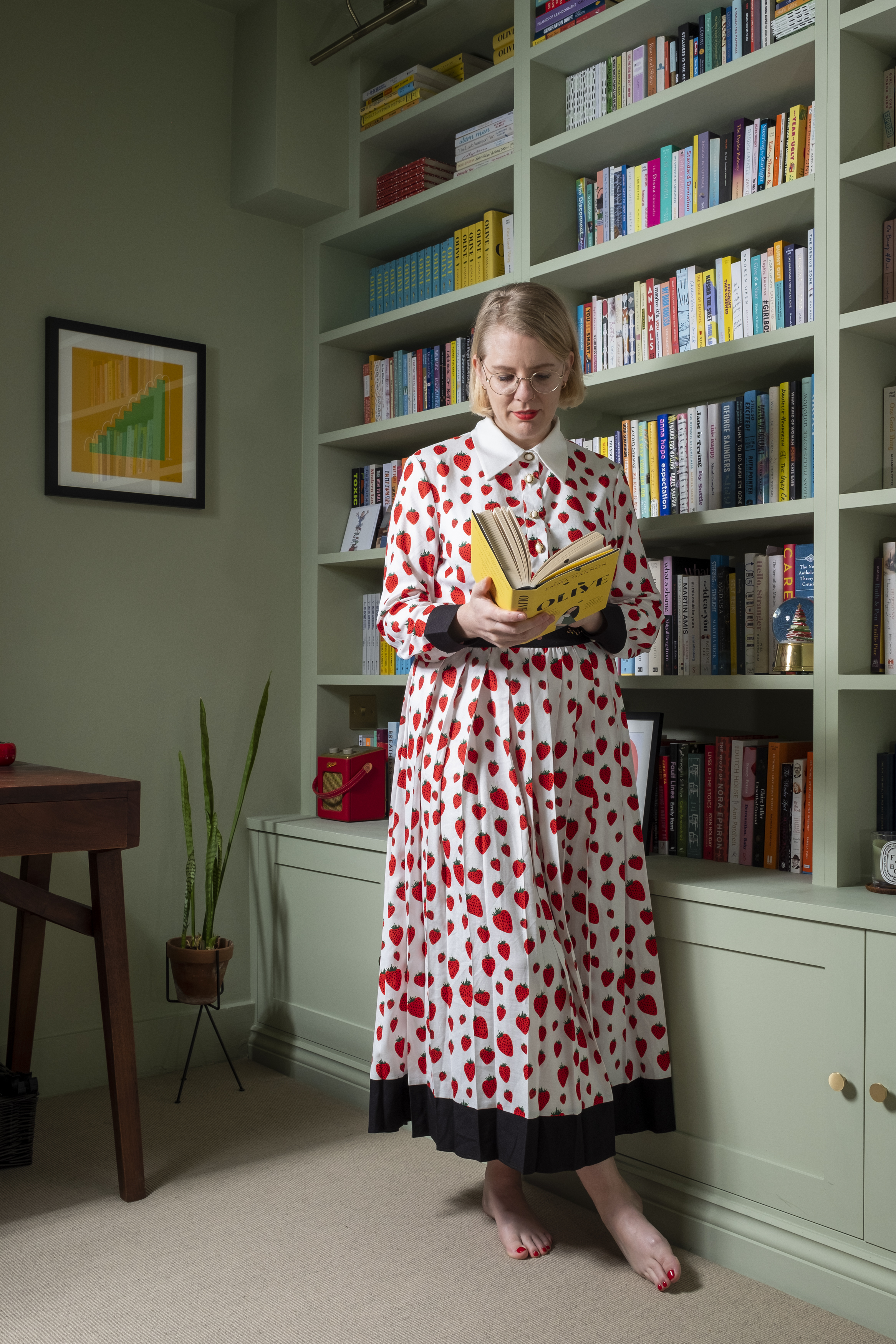
But what is Emma’s personal reason for not wanting kids? “For me, there isn't really one reason, I just don't want to do it,” she says. “I don't want to adhere to a rigid schedule in my life, I’ve always been that way. I want to live more freely. I'm really looking forward to a life that looks different to my friends, but also being available for my niece, nephews and my friends’ kids. I can't wait to be that person in their life.”
Rather than drift away from her friends who have chosen to have children, Emma has experienced their friendships grow stronger. “They tell me the hidden secrets that they can't tell other mums. From my experience, they feel more judged by other parents. I find that the more honest and open you are, the more you bond with people who make different life choices.”
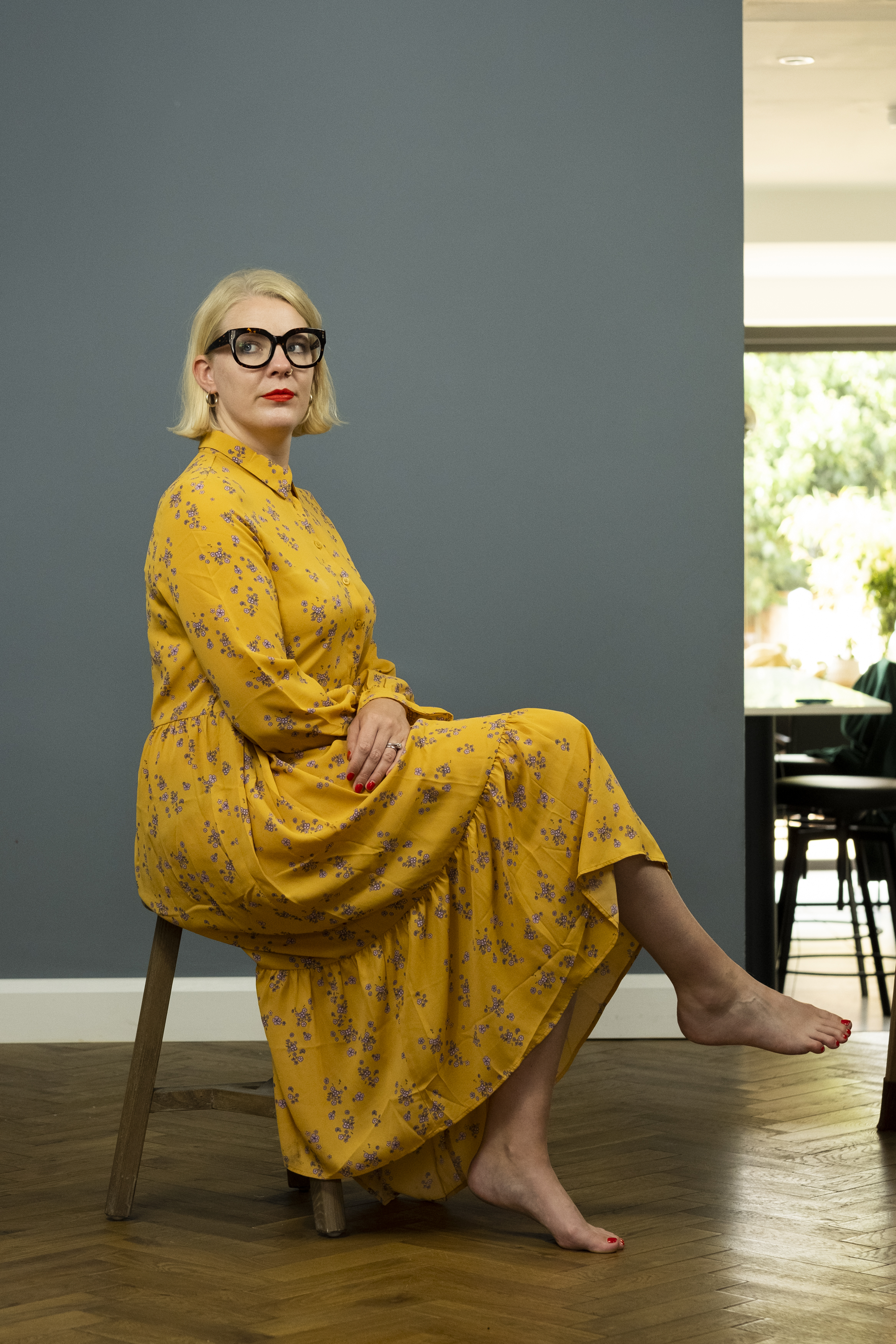
Dealing with comments from others
Naturally, there are times when Emma worries that when she is older, she might regret her decision to not have kids. “But I think it's normal to look back and maybe regret things. I think mothers might do that, too. They might think, if I didn't have kids I could have done X, Y and Z…”
Have other people pressured her into thinking about it differently? “It’s not really pressure, but comments like ‘you'll change your mind’. It's those little comments that can grind you down,” she says.
To help navigate these moments, she recommends, “journaling, writing things down, getting to know yourself, creating a life that you really like, and reminding yourself that it's a choice and that you made this decision for a reason.”
She continues: “Also, surrounding yourself with really great friends and women who are like-minded. I have a lot of female friends who are also child-free by choice. Having those people in my life organically reminds me of why I'm like this and why I've chosen it. I think deep down you know, and you just need to remind yourself.”
As we collectively re-evaluate life post-pandemic, let’s hope we can all get to know ourselves a little better. Even if it involves a bit of Googling along the way.
